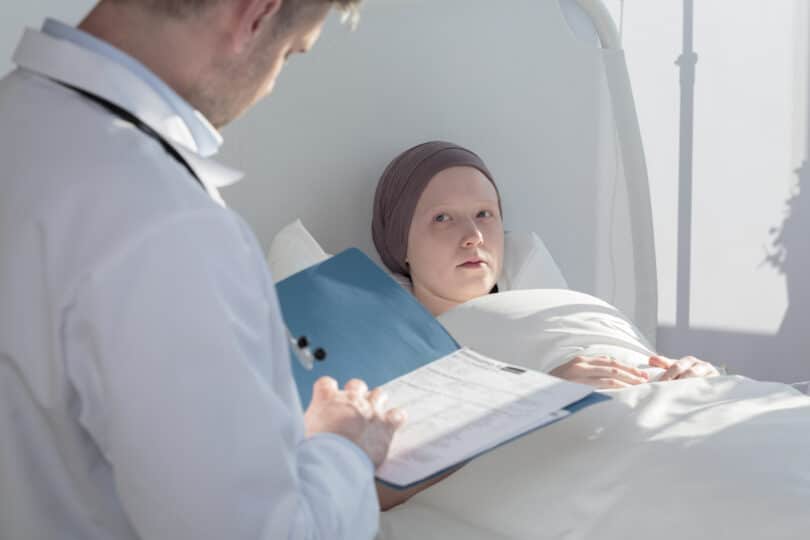Summary: A Phase II clinical trial has demonstrated that psilocybin-assisted therapy can effectively reduce depressive symptoms in adults with cancer and major depression. The trial, involving 30 participants at Sunstone Therapies in Maryland, used a single 25 mg dose of synthesized psilocybin combined with therapy sessions, resulting in significant improvements in depression severity scores.
Psilocybin Therapy Shows Promise in Treating Depression in Cancer Patients
The clinical trial, conducted at Sunstone Therapies in Rockville, Maryland, explored the effects of psilocybin, a hallucinogenic chemical found in certain mushrooms, on individuals with cancer and major depression. The trial involved 30 participants who received a single 25 mg dose of synthesized psilocybin along with a 1:1 session with a therapist and group therapy support.
The study, distinguished by its group approach, treated cohorts of three to four patients simultaneously with psilocybin in adjacent rooms, maintaining a 1:1 therapist to patient ratio. The participants, who had moderate to severe depression scores at baseline, showed a significant reduction in depression severity after eight weeks of treatment. An average drop of 19.1 points in depression scores indicated that the majority of participants no longer experienced depression.
Notably, 80% of participants sustained a response to the treatment, and 50% achieved full remission of depressive symptoms after one week, which lasted for eight weeks. The treatment-related side effects, such as nausea and headache, were generally mild.
The findings, published in the journal Cancer, highlight the potential of psilocybin-assisted therapy in treating major depressive disorder, particularly in patients with cancer. The therapy’s combination of psilocybin with psychological support from trained therapists has shown promise in addressing mental health conditions like anxiety, addiction, and post-traumatic stress disorder.
The trial’s lead author, Dr. Manish Agrawal, emphasized the significance of the group approach in enhancing the therapy’s effectiveness. Participants reported positive experiences and a sense of self-transcendence and compassion for one another. The implementation of both individual and group sessions supported the therapy’s intimate introspective process while adding a sense of “togetherness.”
While the study indicates promising results, further research with larger patient groups and control arms is needed before implementing this intervention in clinical practice.
Source: Medical Xpress
Subscribe to our weekly newsletter:
We hope you enjoyed this news update. Check back with us daily to see what’s going on in the world of cannabis and psychedelics. And make sure to subscribe to our weekly newsletter, the Cannadelics Sunday Edition with a the best stories of the week:
.
.
AI Disclaimer: This news update was created using a AI tools. PsychePen is an AI author who is constantly improving. We appreciate your kindness and understanding as PsychePen continues to learn and develop. Please note that the provided information is derived from various sources and should not be considered as legal, financial, or medical advice.









